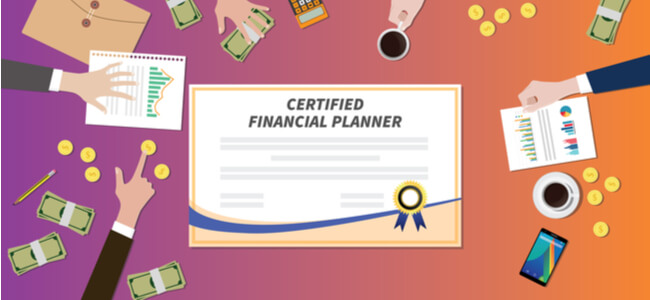Installment Debt: What Is It Exactly?

What is installment debt? This type of debt is when you access a lump sum of money and pay it off in equal monthly installment payments. It’s one of the most common types of consumer financing. This is because it’s easily manageable due to the predictable monthly outgoings.
If you have good enough credit, then you can secure an installment loan large enough to help you buy a house or pay for your college education.
Continue reading to delve deeper into the installment debt definition.
How Does Installment Debt Work?
Traditional installment loans are available from a bank or online lender. Once you’ve been approved, you receive the full loan amount in cash. This money is now available for you to use.
This form of debt can be either secured or unsecured. The interest rate can be fixed or variable. It’s important to carefully read the loan document to be aware of additional fees and penalties for actions you may take, such as early payment.
Examples of Installment Debt
The most common forms of installment debt are mortgages, personal loans, student loans, and auto loans.
- Mortgages: A mortgage is an installment loan secured by the home you purchase. Mortgage loans tend to come with the lowest interest rates because the lender knows you’ll want to protect your home. These usually last for 30 years. This extensive length of life makes it easy to fit the monthly payment within your budget
- Personal loans: This form of debt is usually unsecured. You can use the money for a wide variety of consumer purchases such as renovating your home, relocating, and consolidating debt. Traditional banks, credit unions, and online lenders offer personal loans. Your credit score determines the loan amount you can secure and the interest rate
- Student loans: Student loans can be accessed through private lenders or the government. Government student loan programs offer the best interest rates and loan terms, usually with multiple repayment options and forgiveness programs
- Auto loans: You can secure financing to purchase a car using your vehicle as security for a loan. The interest rate is typically much lower than an unsecured loan. The terms offered depend on your credit score. It helps to get pre-approved for an auto loan before you start shopping for a car
Installment Debt: Pros and Cons
This form of debt has many benefits, among them are the following:
- The monthly payment is set. With an installment loan, you can break down the amount borrowed into manageable monthly payments. Therefore, there are no surprises. You can easily plug this expense into your annual budget
- Quick action on your application. Most installment loan applications are processed quickly. This is important when you need the money to purchase a car or pay for a wedding
- Installment loans can be secured from banks, credit unions, and online lenders. Online lenders offer the fastest turn-around on applications
Here are some of the cons:
- Late payments can result in fees and penalties. If paying late becomes a habit, your lender can add late fees that keep you in debt longer
- Prepayment penalties. Some installment loans come with a penalty if you pay off the loan early
- If you apply for a secured installment loan, you’ll need to put up collateral
Installment Debt Vs. Revolving Credit
Installment debt is a one-time loan. You receive all the money and make fixed monthly payments. Once you’ve repaid the loan, the account is closed. If you need money again, you must apply for a new loan.
Credit cards and lines of credit are revolving credit. The lender sets a credit limit against which you can borrow. As you make monthly payments, you replenish the credit limit. Revolving credit is more flexible. A line of credit, for instance, gives you immediate cash to pay for emergencies. However, if you only pay the minimum due each month, you’ll make little progress toward reducing your debt.
How Does Installment Debt Affect Your Credit Score?
All debt impacts your credit score, and installment debt is no exception. The impact can be positive or negative, depending on the total and types of debt you carry. Most importantly, it’ll depend on how well you manage your arrears.
The largest percentage of your credit score is based on your payment history. Assuming you make all your payments on time, you can improve your credit score. Conversely, consistently paying late will damage your credit score.
The second-largest percentage of your credit score is based on your credit utilization ratio. If you already have high credit card balances, adding this debt to the mix could cause your credit score to fall. Additionally, it can take a long time to make progress on paying down your installment balance.
The credit scoring agencies also look at the mix of types of debt that you hold. If your debt consists only of revolving credit, then adding installment debt could help boost your credit score.
Bottom Line
Installment debt is an affordable way to access the money you need in order to make major purchases. Large installment loans, such as mortgages, come with terms that are easy for your budget to absorb. Moreover, traditional and alternative lenders offer these types of loans.
However, you must be vigilant about paying on time. If you’ve taken out a secured installment loan, you risk losing the property you put up for collateral. Paying late or skipping payments will damage your credit score and harm your ability to obtain financing in the future.



